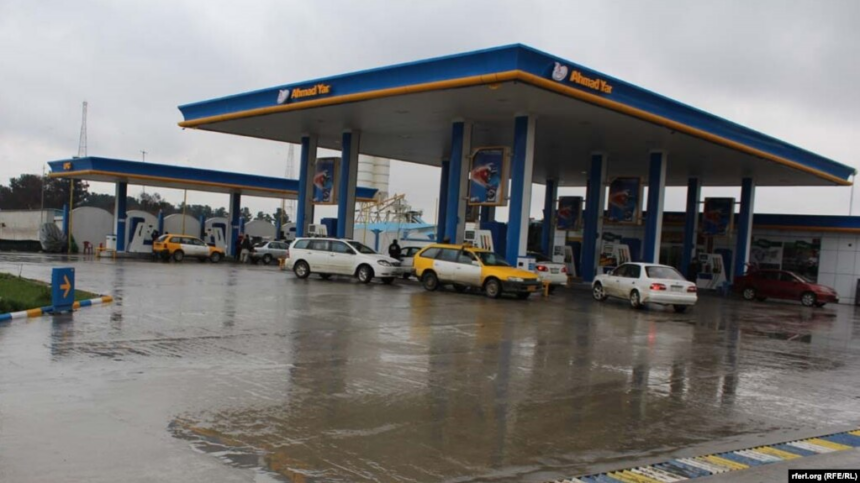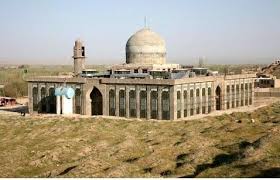RASC News Agency: In a move emblematic of the Taliban’s increasingly authoritarian and economically reckless governance, local authorities in Kandahar have issued a sweeping ban on the informal sale of fuel a decision that now threatens to plunge thousands of already impoverished residents into deeper destitution. According to the Taliban’s new directive, only officially licensed petrol stations will be allowed to operate within the province. Informal vendors who for years have formed the backbone of Kandahar’s grassroots economy by selling fuel in makeshift stalls and on street corners have been given a mere one-week ultimatum to dismantle their operations or face punitive action. This abrupt policy shift has sent shockwaves across the province, where economic opportunity is already scarce and survival depends largely on informal trade.
“This was our last means of income,” said a longtime street vendor, speaking to media on the condition of anonymity. “We were not robbing anyone, we were working honestly. If we’re banned from doing even this, are we expected to starve quietly?” Fuel sales in informal markets have long provided a fragile yet critical safety net for thousands of men and families in Kandahar, particularly in a context where formal employment opportunities have all but disappeared under Taliban misrule. The new ban, however, criminalizes necessity, treating subsistence labor as a threat to state control.
Instead of initiating employment programs or offering economic alternatives, the Taliban’s response to unemployment has been one of repression and exclusion. The group has made no effort to consult affected communities, nor has it provided compensation or retraining for those who will now lose their only source of livelihood. Local observers argue that the policy is less about public safety or regulation and more about asserting control over economic activity through coercive means. “This is not governance it is economic asphyxiation,” said a Kandahar-based economist. “By shutting down informal markets without offering replacements, the Taliban are actively dismantling the only functioning sectors of Afghanistan’s urban economy.”
The backlash has been swift on social media, where Afghanistani activists and economic analysts have condemned the decree as irresponsible and inhumane. Many have called on the regime to halt its war on the poor and instead focus on pragmatic solutions to address the growing humanitarian crisis. “This is a regime that punishes its people for trying to survive,” wrote one Twitter user. “They failed to create jobs and now they criminalize those who create their own.” The timing of the ban is particularly dire. Afghanistan is currently in the throes of a catastrophic economic collapse, exacerbated by international isolation, collapsed infrastructure, and the Taliban’s ideological hostility toward modern statecraft. In southern provinces like Kandahar, unemployment and hunger have reached emergency levels. Entire families survive on borrowed money and meager daily earnings often secured through small-scale fuel vending or street trade.
Despite this grim reality, Taliban authorities continue to issue edicts that ignore the suffering of ordinary citizens. Rather than addressing structural poverty, the regime has focused on enforcing rigid social controls, policing public behavior, and eliminating unregulated economic activity that it cannot directly oversee or profit from. Humanitarian agencies have repeatedly warned that such policies will have devastating long-term effects on Afghanistan’s urban poor. Without a functioning banking system, foreign investment, or credible governance, informal markets are not a choice they are a necessity. By dismantling them, the Taliban is effectively declaring economic war on its own population.
As the international community watches with growing concern, the plight of Kandahar’s fuel vendors stands as a grim reminder of what life has become under Taliban rule: a daily negotiation between hunger and repression, with no end in sight.






